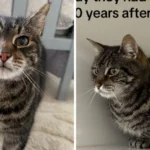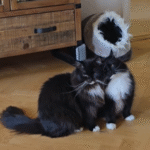Do you ever wonder if your furry feline friend feels truly understood? Cats, with their mysterious demeanor and independent nature, often leave us guessing about their emotional world. Yet, just like humans, cats have feelings and desires to be recognized and appreciated. By understanding and responding to these emotions, you can build a stronger bond with your cat. Let’s delve into the ways you can make your cat feel emotionally seen and cherished.
Understanding Feline Emotions
Cats, much like humans, experience a range of emotions. From joy and contentment to anxiety and fear, their emotional spectrum is vast. Recognizing these emotions is the first step in making them feel seen. Cats might purr when they’re happy, but they also do so when they’re scared. Observing their body language, like tail position and ear movement, can provide clues. By understanding these subtle signals, you can respond appropriately, ensuring your cat feels acknowledged and safe.
Creating a Safe Environment
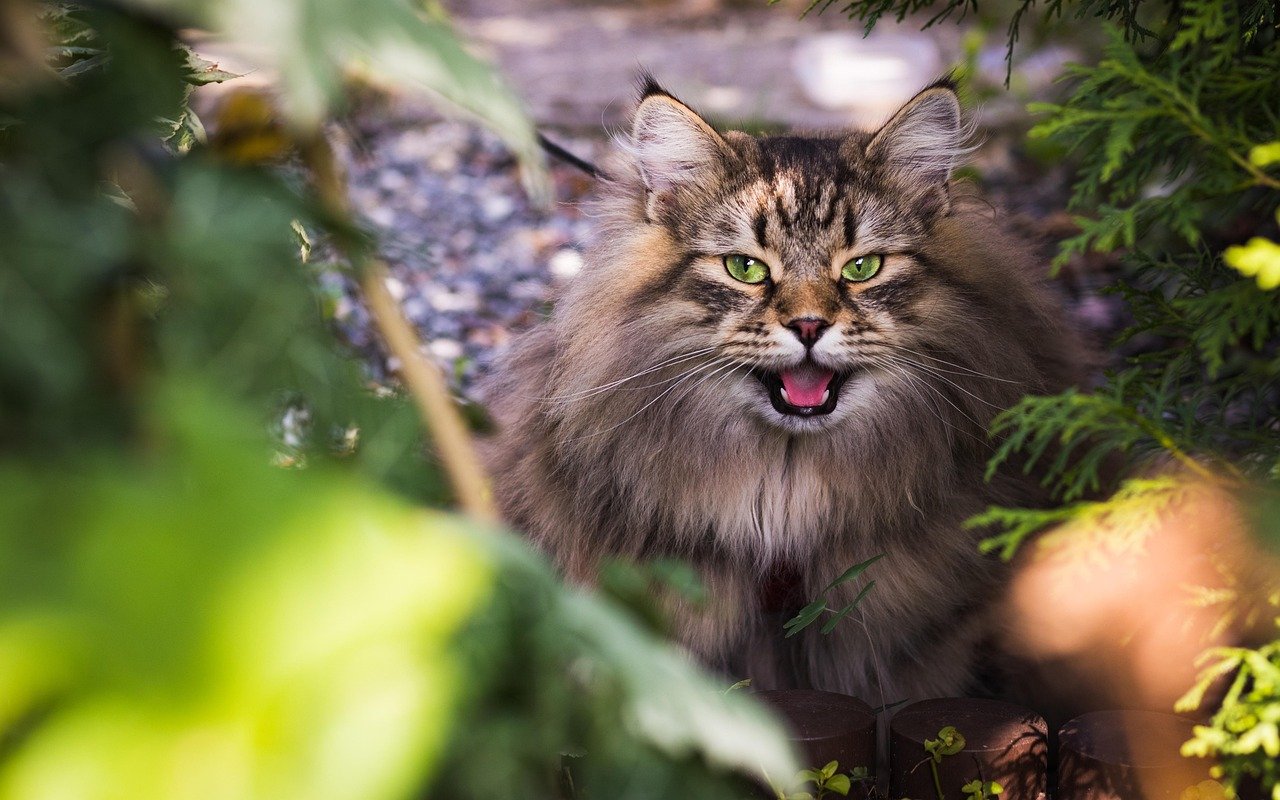
A cat’s comfort in its environment is crucial for emotional well-being. Ensure your home is a sanctuary where your feline can retreat and relax. Provide cozy nooks, soft bedding, and high perches. Cats love to survey their territory from above, feeling secure in their domain. A stable environment with predictable routines helps reduce stress and anxiety, allowing your cat to express its emotions freely and confidently.
Quality Time and Play
Spending quality time with your cat is essential. Engage in interactive play sessions that stimulate their mind and body. Toys that mimic prey, like feather wands or laser pointers, can ignite their natural hunting instincts. These sessions not only provide physical exercise but also strengthen your bond. Regular playtime reassures your cat that they are important to you, which is a key aspect of feeling emotionally seen.
Respect Their Independence
Cats are known for their independent nature. Unlike dogs, they might not always seek constant companionship. Respecting their need for solitude is crucial. If your cat retreats to a quiet corner, allow them that space. This respect for their independence shows them you understand their needs, fostering a sense of trust and appreciation.
Consistent Communication
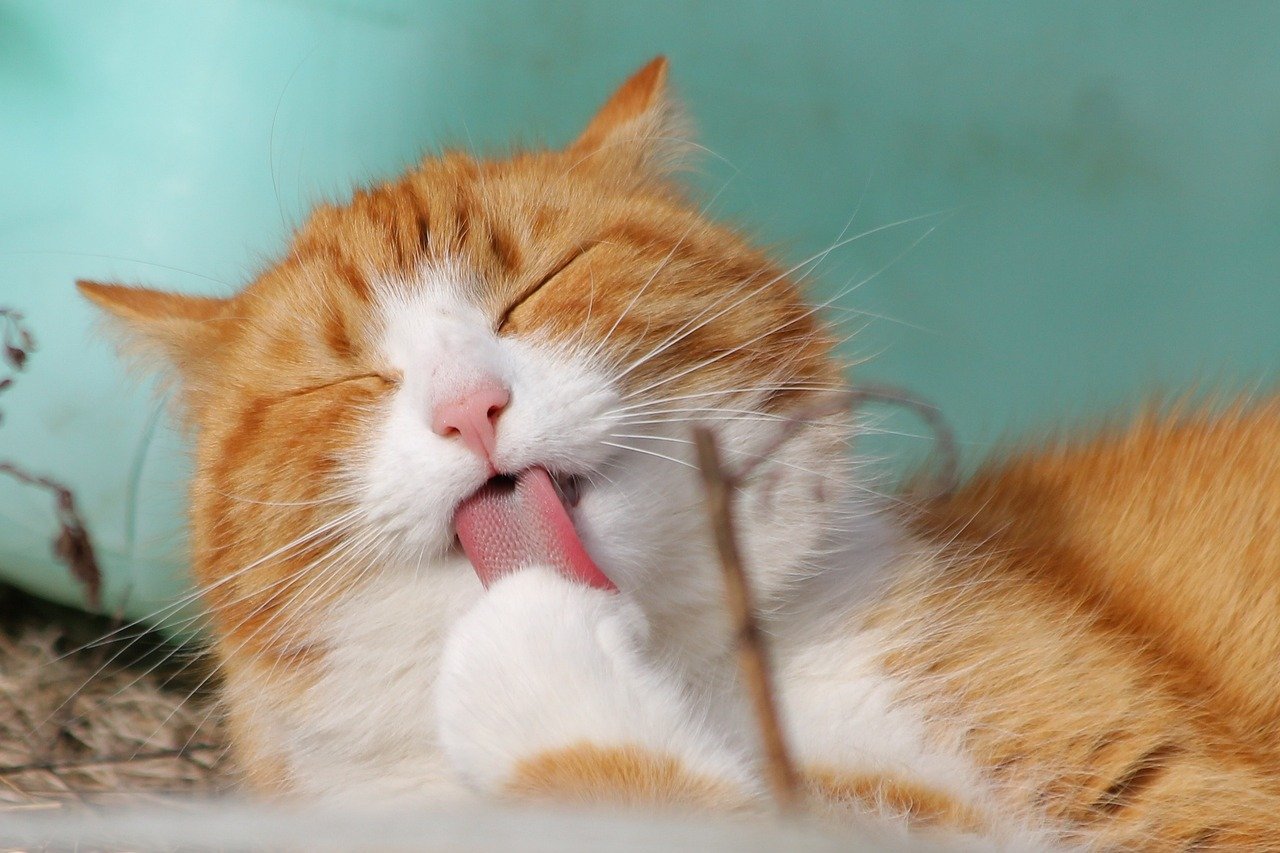
Communication with your cat goes beyond verbal cues. While they may not understand words, they can sense tone and intent. Speak to them in a calm, soothing voice, and use body language to convey your emotions. Cats are adept at reading facial expressions and gestures. Consistent communication helps them feel secure and understood, reinforcing their emotional visibility.
Understanding Their Personal Space
Every cat has its own comfort zone. Some enjoy being held and cuddled, while others prefer a gentle pat. Recognizing and respecting these boundaries is vital. Forcing affection when they aren’t receptive can lead to stress. By honoring their personal space, you show empathy and understanding, making them feel emotionally respected.
Providing Mental Stimulation
Mental stimulation is as important as physical activity for cats. Puzzle toys, interactive feeders, and new environments to explore can keep their minds sharp. A mentally stimulated cat is a happy cat. By offering challenges and new experiences, you acknowledge their intelligence and curiosity, making them feel valued and emotionally fulfilled.
Understanding Their Body Language
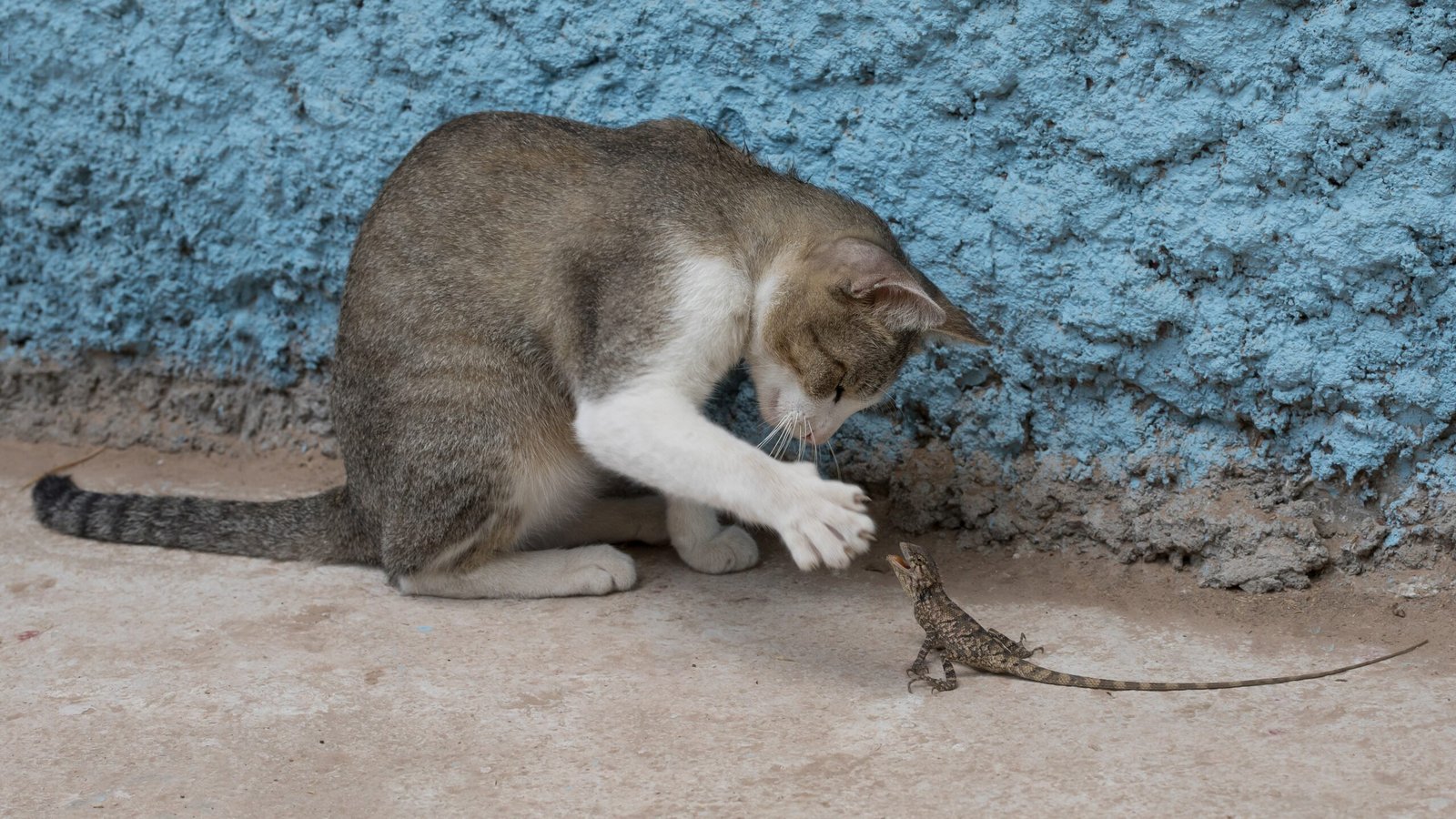
Cats communicate a lot through their body language. A flicking tail, flattened ears, or slow blinking can speak volumes. Learning to interpret these signals is crucial. For instance, a slow blink from a cat is a sign of trust and affection. Responding with a slow blink of your own can strengthen your bond, showing your cat you ‘speak their language’ and see them emotionally.
Creating a Routine

Cats thrive on routine. They find comfort in knowing what to expect. Regular feeding times, play sessions, and bedtime routines help them feel secure. A consistent routine minimizes stress and helps them feel emotionally balanced. By maintaining a predictable schedule, you convey stability and care, reinforcing their sense of being seen and valued.
Addressing Their Health Needs
A healthy cat is a happy cat. Regular vet check-ups, a balanced diet, and grooming are essential. Cats might not express discomfort overtly, so being proactive about their health shows you care about their well-being. Attending to their physical needs is an integral part of acknowledging their emotional world, ensuring they feel loved and seen.
Encouraging Social Interaction
While some cats are solitary creatures, others enjoy social interaction. If your cat is sociable, encourage safe interactions with other pets or humans. Positive social experiences can boost their emotional health. By facilitating these interactions, you show your cat that you understand and appreciate their social needs, making them feel emotionally supported.
Recognizing Signs of Stress
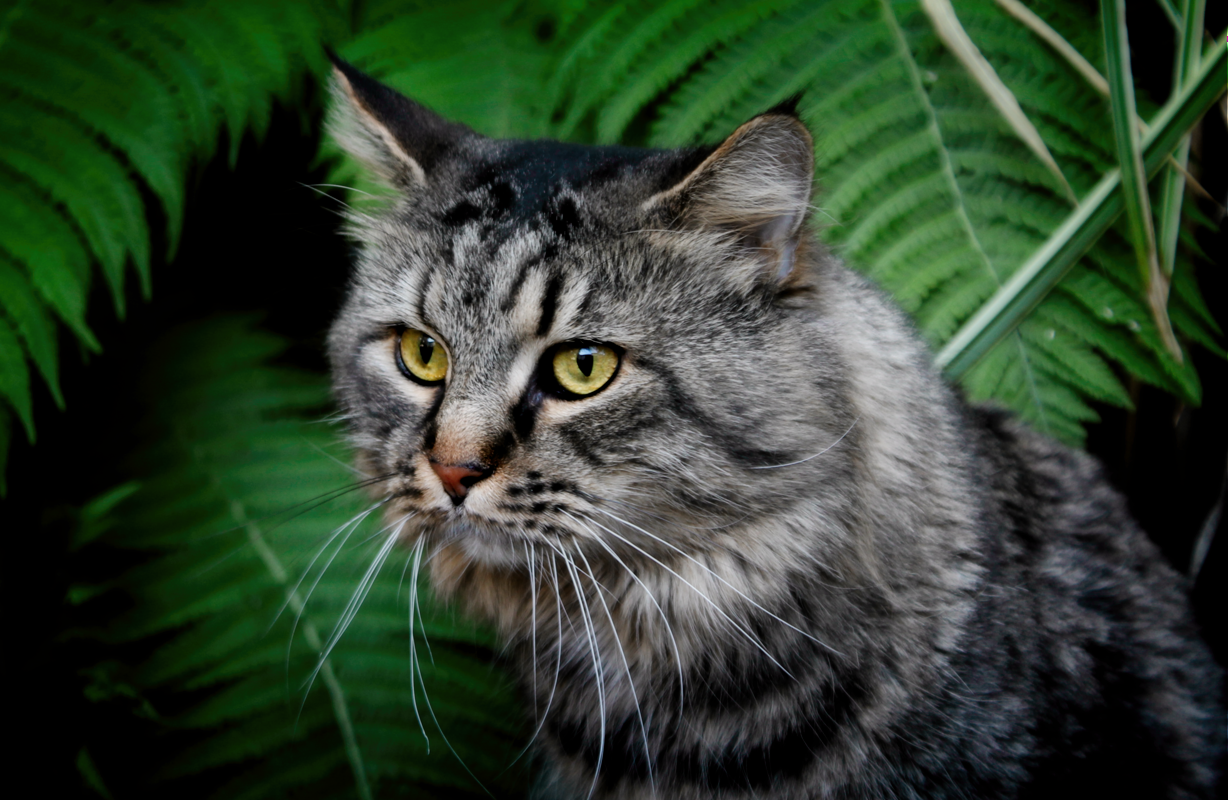
Cats can be masters at hiding stress. However, changes in behavior, appetite, or litter habits can be telltale signs. Recognizing these signs early and addressing the root cause is vital. Whether it’s a change in environment or a new pet, understanding their stressors helps you support them emotionally, showing them you genuinely care about their feelings.
Building Trust Through Consistency
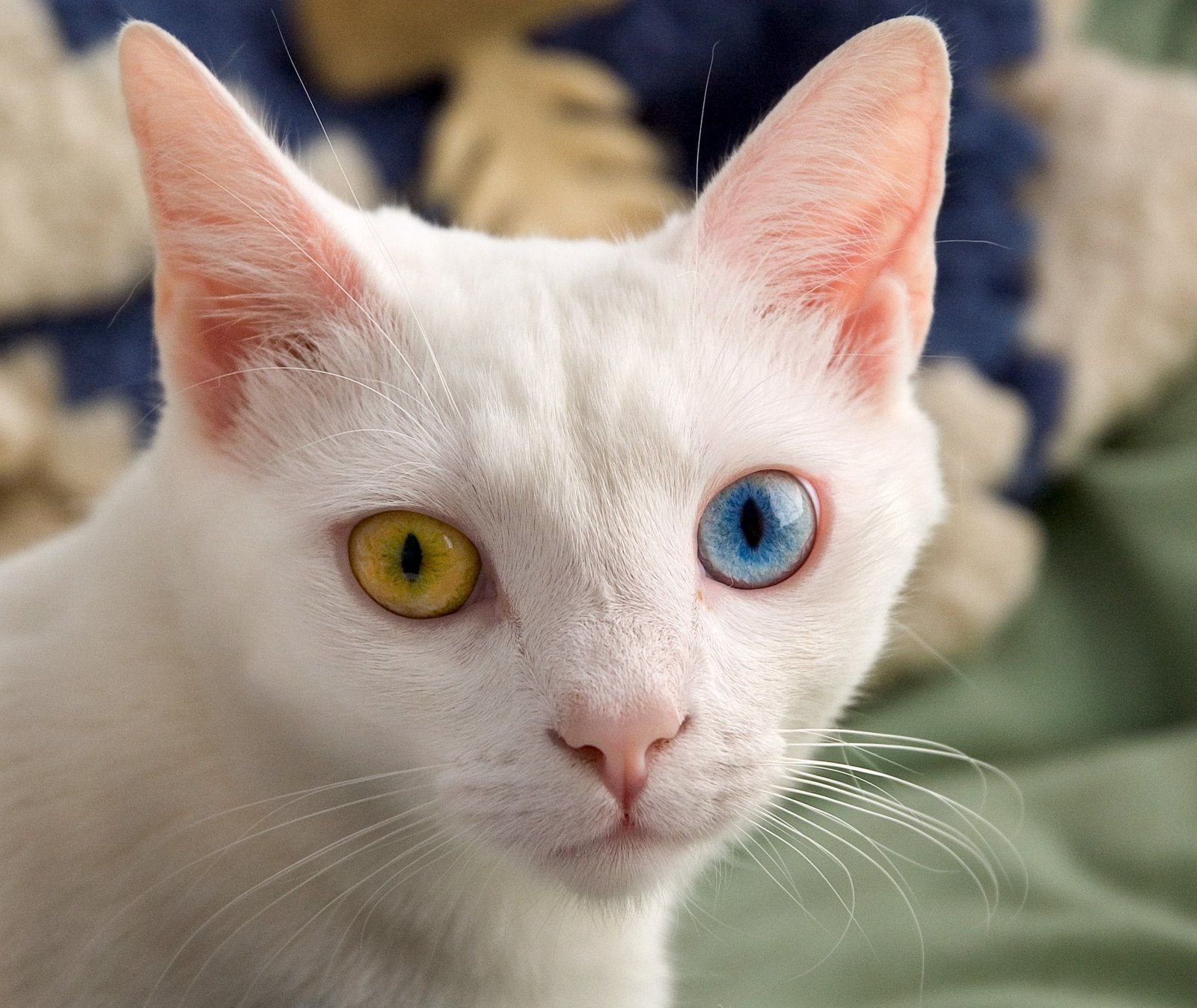
Trust is the foundation of any relationship. Being consistent in your actions and reactions builds that trust. Cats need to know they can rely on you. Whether it’s feeding them on time or respecting their space, consistency is key. This reliability makes them feel emotionally secure and seen, strengthening your bond.
Encouraging Natural Behaviors
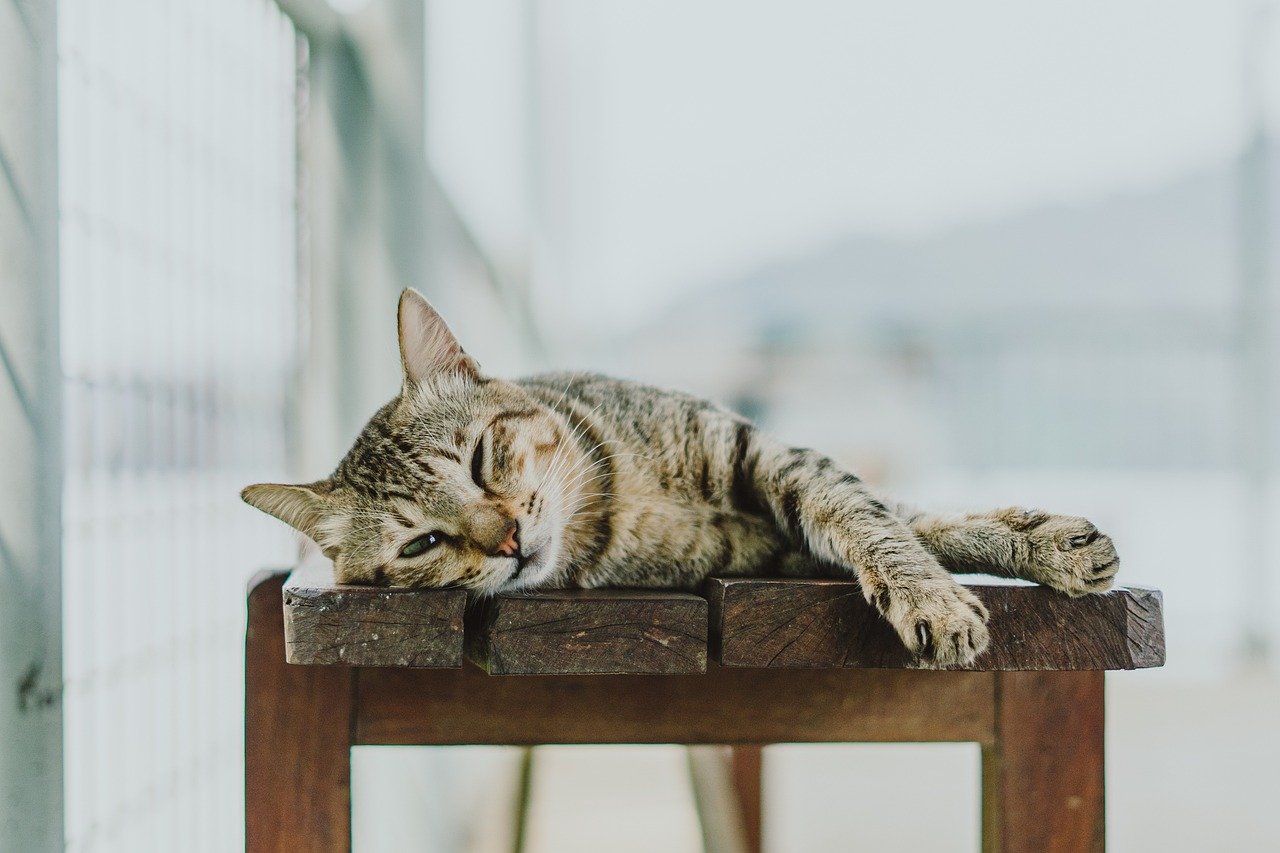
Cats have innate behaviors that need expression. Scratching, climbing, and hunting are natural instincts. Provide scratching posts, climbing trees, and interactive toys to satisfy these urges. By encouraging these behaviors, you respect their nature, making them feel understood and emotionally acknowledged.
Offering Positive Reinforcement
Positive reinforcement is a powerful tool. Rewarding your cat with treats or affection for good behavior reinforces their emotional security. Whether it’s using the litter box or playing nicely, acknowledging their actions with positive reinforcement shows them you recognize and appreciate their efforts.
Being Patient and Understanding
Patience is a virtue, especially with cats. They might not always respond as quickly as you’d like. However, being patient and understanding of their quirks and moods is crucial. Cats sense your emotions and respond to them. By being calm and patient, you create an environment where they feel safe to express themselves, knowing they are emotionally supported.
Creating a Multi-Sensory Environment
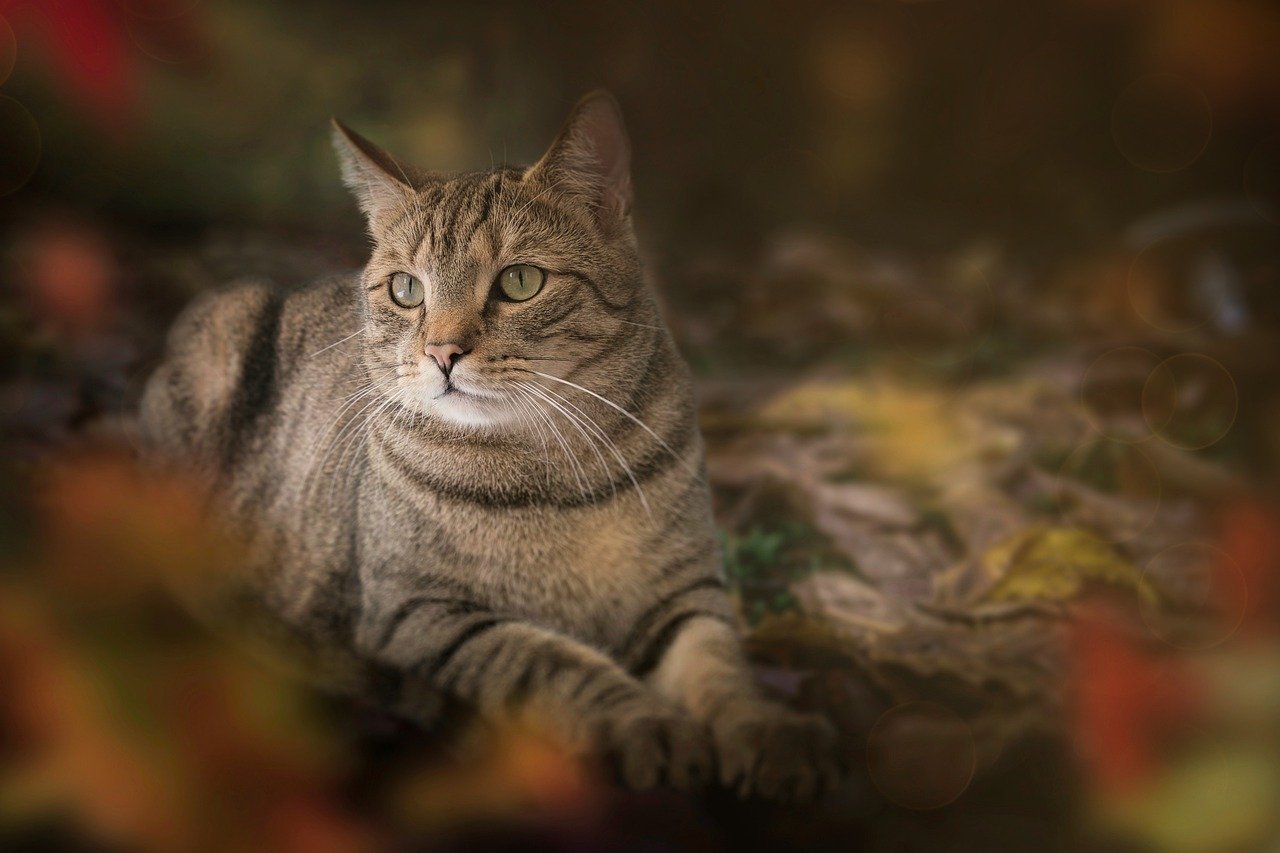
A multi-sensory environment can enrich your cat’s life. Different textures, scents, and sounds can stimulate their senses. Catnip toys, soft blankets, and gentle music can create a soothing atmosphere. By catering to their sensory needs, you show them you understand their world, making them feel emotionally seen.
Encouraging Exploration and Curiosity

Cats are naturally curious creatures. Encouraging exploration can boost their confidence and emotional health. Safe outdoor enclosures or new toys can satisfy their curiosity. By facilitating exploration, you acknowledge their adventurous spirit, making them feel valued and emotionally engaged.
Recognizing Individual Personality
Every cat has a unique personality. Some are shy, others are outgoing. Recognizing and celebrating these differences is essential. By appreciating their individuality, you show them they are cherished for who they are, making them feel emotionally seen and loved.
Fostering a Lifelong Bond
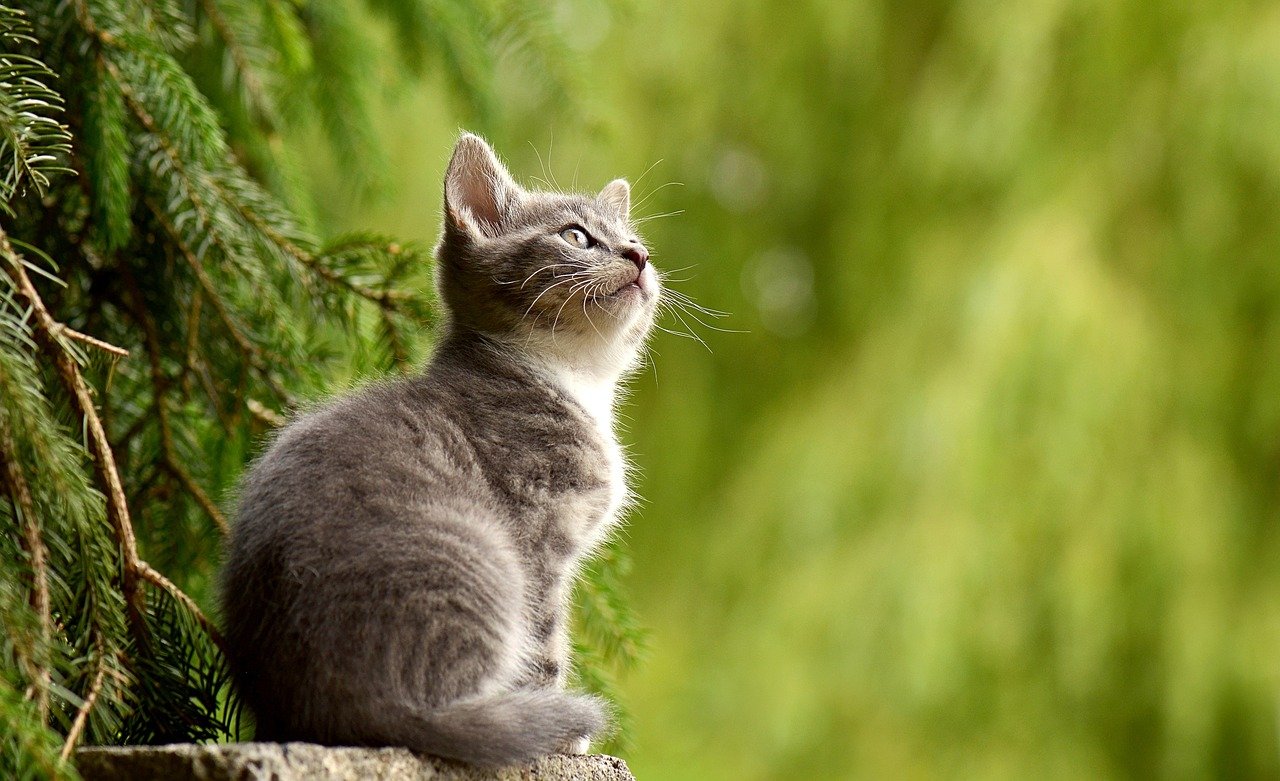
Building a lifelong bond with your cat is a rewarding journey. It requires understanding, patience, and love. By consistently acknowledging their emotions and needs, you create a deep connection. This bond ensures your cat feels emotionally seen, appreciated, and loved throughout their life.
In the end, helping your cat feel emotionally seen is about understanding their unique needs and responding to them with compassion and care. By doing so, you enrich not only their lives but yours as well. So, how will you make your feline friend feel more emotionally seen today?
Hi, I’m Bola, a passionate writer and creative strategist with a knack for crafting compelling content that educates, inspires, and connects. Over the years, I’ve honed my skills across various writing fields, including content creation, copywriting, online course development, and video scriptwriting.
When I’m not at my desk, you’ll find me exploring new ideas, reading books, or brainstorming creative ways to solve challenges. I believe that words have the power to transform, and I’m here to help you leverage that power for success.
Thanks for stopping by, Keep coming to this website to checkout new articles form me. You’d always love it!

